|
Now 23, Elián reemerges in film by Pulitzer Prize-winning journalist Tim Golden
Anyone even remotely aware of the news in 2000 remembers this photo: a terrified boy cowering in a closet, inches from an assault weapon aimed by a goggled commando.
The boy, of course, was Elián González. The raid in which federal agents seized him inside a Miami home brought a thunderous climax to an intense legal battle between the boy's Cuban-American family, the U.S. Justice Department, and the government of Fidel Castro. What happened to that boy? Who was the man holding him in the closet of that home? How did the commando raid go down? Those questions and more are answered in ELIÁN, the documentary by Tim Golden and Ross McDonnell that premiered at the Tribeca Film Festival Friday night. He's very self-possessed, almost to a degree that is sort of hard to explain given the trauma that he went through.
Elián González entered the American consciousness in 1999 when, at the age of five, he was rescued at sea, adrift in a raft off the Florida coast. His mother and his mother's boyfriend had perished after they set off from Cuba in hopes of reaching the U.S. In Miami, Elián's American relatives happily laid claim to him, and wanted him to remain in the U.S., which they argued would be his mother's wish.
Elián's father, divorced from the boy's mother and unaware she had gone to sea with him, wanted the boy back in his homeland. It was thus that Elián became a proxy in an ideological battle between virulently anti-Castro Cuban exiles in Florida and the Castro government, which supported the boy's repatriation as a matter of national honor and justice.
"In the six months he was in Miami he was used as a pawn," Irish-born producer Trevor Birney told Nonfictionfilm.com on the red carpet at Tribeca. "He was wheeled out in front of the cameras all times of day and night, waving flags, American flags."
Despite the efforts of the boy's American relatives -- and many supporters who vowed to defy federal authority -- Elián eventually was reunited with his father after that commando raid. The federal agents who grabbed him acted on orders from Attorney General Janet Reno, pursuant to court rulings that Elián belonged with his father.
And then, as usually happens, the controversy receded from public attention. "The story kind of disappeared, in part because the months after Elián left we were deep into the 2000 election and the recount and 9/11," Golden said at a Q&A following the world premiere. "And nobody ever went back to the story in any real depth. There was no book. There was no magazine article or film." I think it's quite clear that he's been very lucky to have grown up in the family unit that he has.
The filmmakers worked with the Cuban government to arrange an interview with Elián, who is now 23.
"It still took us over two years, from when we began to communicate with the Cuban administration and seeking access, until we had Elián in the chair in front of us. We didn't provide any questions before the interview. There were no Cuban officials in the room," Birney assured the audience at the Q&A. The producer, who has spent time with the adult González on several occasions now, describes him as a well-adjusted young man. "What struck me was -- despite this incredible crisis that he was stuck in the middle of -- he was just like any normal [young man]," Birney told Nonfictionfilm.com. "He was interested in the outside world. He was interested in sport. He was interested in baseball. He was interested in America... Loved his father. Spent a lot of time with his family. Loved the sea. I think he's done very well... Incredibly unaffected in many ways by what had happened to him."
The documentary gives some sense of González' life in Cuba and his affectionate relationship with Fidel Castro, who embraced the youngster after his repatriation, obviously aware of his usefulness as a political symbol. The film shows Castro at public events with Elián in the years before the Cuban's leader's death in 2016.
"[Elián] really did almost become sort of Fidel's grandson. And you get the sense that Fidel like[d] him a lot more than he like[d] his own children," Golden commented. The adult González expresses a fervent belief in the Cuban revolution and in Castro, which may make him out of step with many Cubans his age. "He lives a life that's very privileged relative to most Cubans of his generation and kind of politically sheltered from the disillusionment and the sense of uncertainty that they live with every day," Golden said. "I think it's really still a question of who he's going to be in the Cuba of the future."
González' Miami relatives will no doubt be angered to hear Elián speak fondly of a regime they detest. But one shouldn't make assumptions about Elián's "political education" in Cuba, Birney insists. "Everyone I've ever met -- particularly in the U.S. -- who talks about Elian usually uses the word 'brainwashed'. That's not the person I met and spent time with," Birney argued. "Certainly you can see his political philosophy and his political outlook is clear, but that doesn't mean that he's brainwashed, to me." "The film raises the question of how people become trapped in their political narratives and that doesn't just happen in Cuba, obviously," Golden noted. Golden averted making strongly political statements at the premiere. But Birney was more forceful in his comments. "We've got to ask ourselves what really would have happened if Elián had stayed in the U.S. Would he have become a reality TV star maybe?" Birney wondered when we spoke with him on the arrival line. "What kind of life would he have had because he was such a -- he was almost a 'Truman Show' figure. In Cuba he has been protected. He has managed to grow up a very normal life." 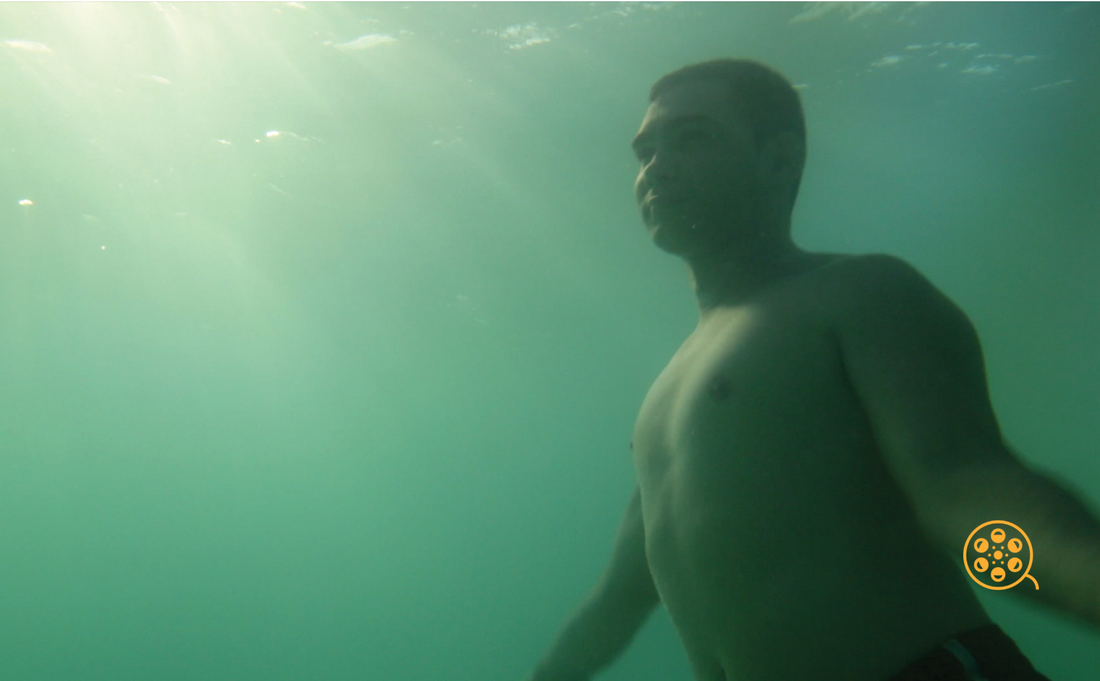 Elián González in the ocean off the Cuban coast. Image courtesy Tribeca Film Festival Elián González in the ocean off the Cuban coast. Image courtesy Tribeca Film Festival
Oscar-winning filmmaker Alex Gibney served as executive producer on the film.
"They [co-directors Golden and McDonnell] did such an extraordinary job of finding the humanity in this tremendously political story," Gibney said. "That's what I find is the enduring relevance of this film. It's a powerful document, the kind of counter-narrative to the sort of political divisions we see [currently]." Gravitas Ventures reportedly will distribute the film theatrically, beginning May 19. CNN holds the television broadcast rights. |
AuthorMatthew Carey is a documentary filmmaker and journalist. His work has appeared on Deadline.com, CNN, CNN.com, TheWrap.com, NBCNews.com and in Documentary magazine. |
- Home
- News
- Videos
-
Galleries
- 2019 Tribeca Film Festival
- Full Frame Documentary Film Festival
- 2019 SXSW Film Festival
- SXSW 2018 Gallery
- 2019 Sundance Film Festival
- Outfest 2018 Photo Gallery
- Outfest 2017
- Sundance 2018 Photos
- 2017 LA Film Festival
- 2017 Cannes Film Festival
- Tribeca Film Festival 2017
- SXSW 2017 Gallery
- 2017 Berlin Film Festival
- Sundance 2017 Gallery
- 2016 Los Angeles Film Festival
- Cannes Film Festival 2016
- SXSW 2016 Gallery
- Berlinale 2016 Gallery
- Sundance 2016 Gallery
- Filmmaker Gallery
- About
- Contact
Proudly powered by Weebly
- Home
- News
- Videos
-
Galleries
- 2019 Tribeca Film Festival
- Full Frame Documentary Film Festival
- 2019 SXSW Film Festival
- SXSW 2018 Gallery
- 2019 Sundance Film Festival
- Outfest 2018 Photo Gallery
- Outfest 2017
- Sundance 2018 Photos
- 2017 LA Film Festival
- 2017 Cannes Film Festival
- Tribeca Film Festival 2017
- SXSW 2017 Gallery
- 2017 Berlin Film Festival
- Sundance 2017 Gallery
- 2016 Los Angeles Film Festival
- Cannes Film Festival 2016
- SXSW 2016 Gallery
- Berlinale 2016 Gallery
- Sundance 2016 Gallery
- Filmmaker Gallery
- About
- Contact

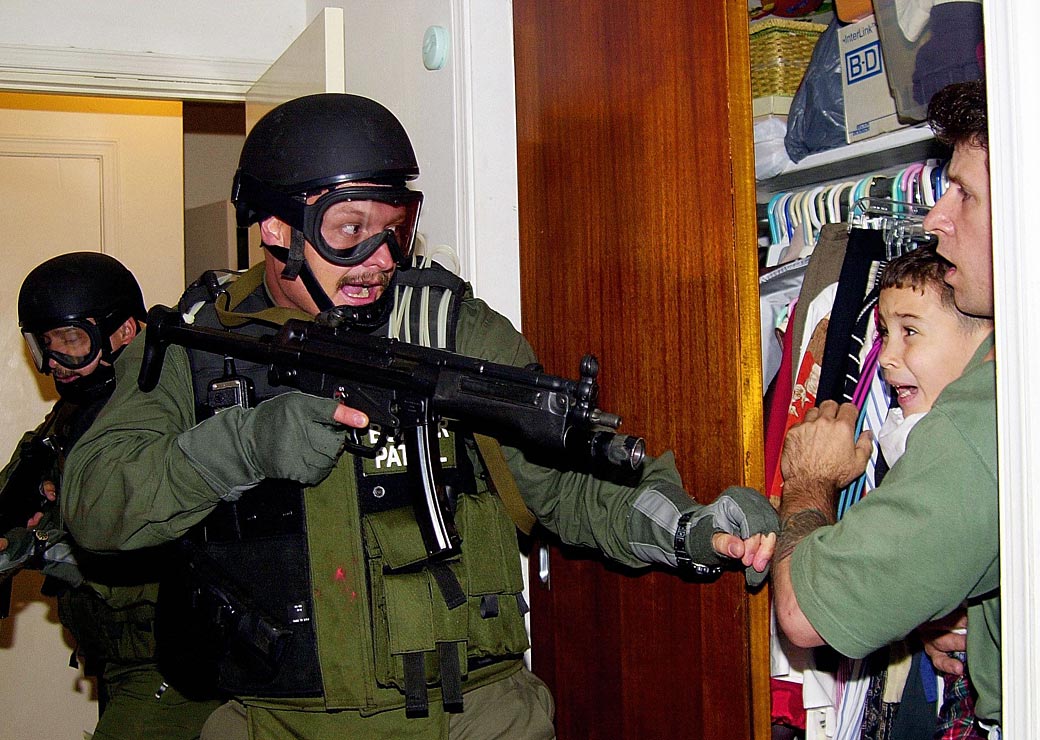
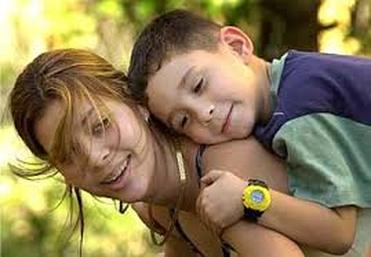
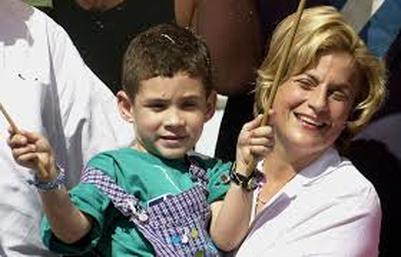
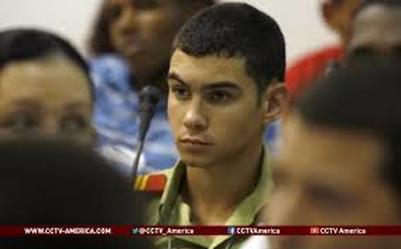
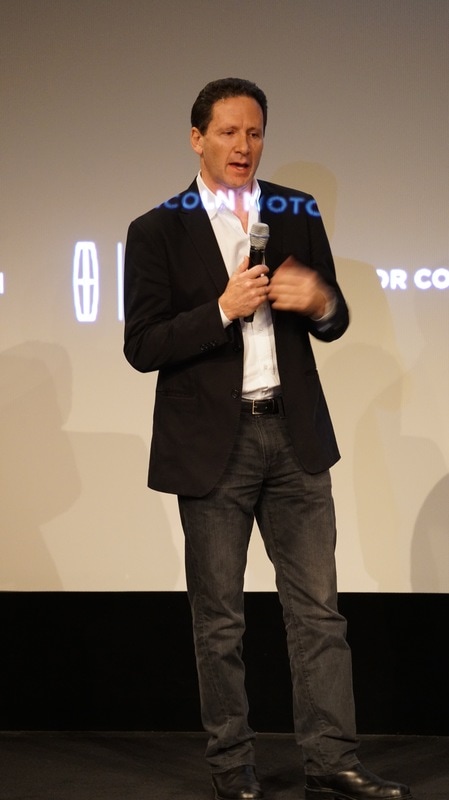
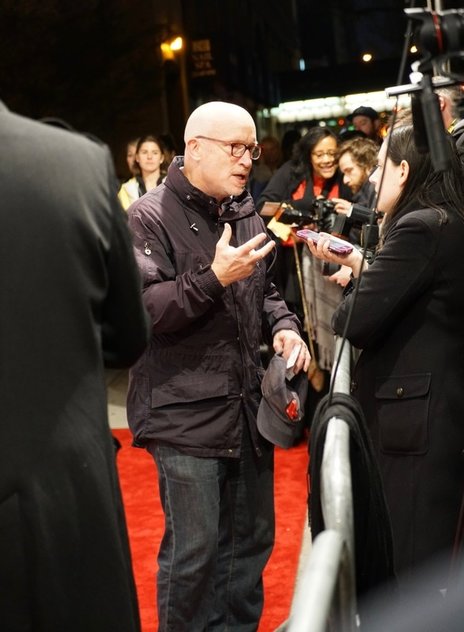
 RSS Feed
RSS Feed